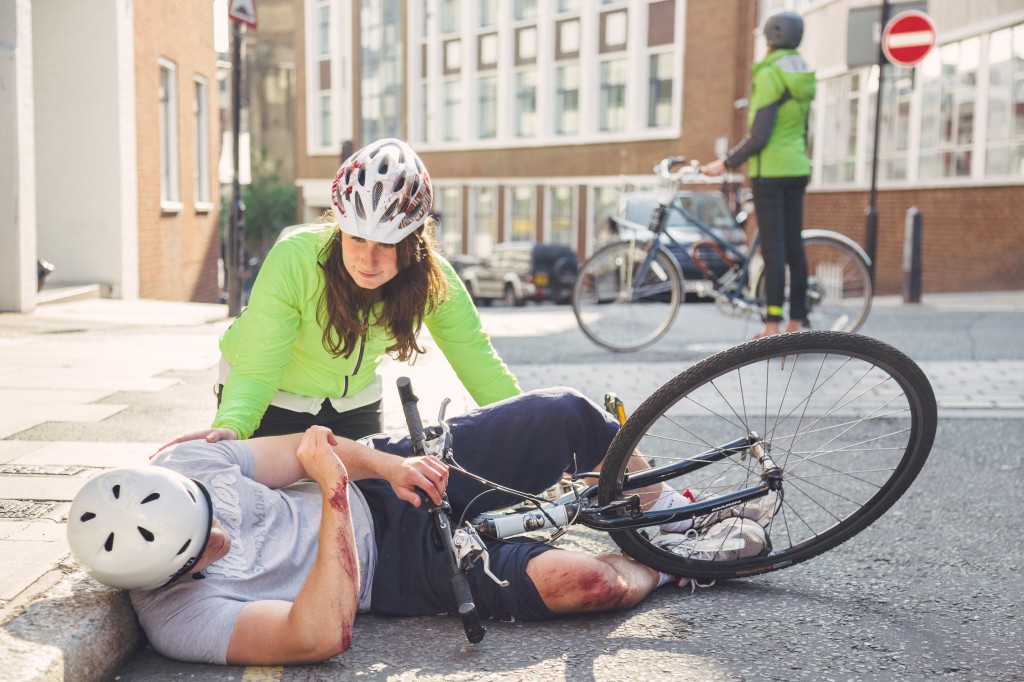
Are You Prepared for Medical Emergencies?
Medical emergencies are usually traumatic and stressful both financially and emotionally. Being prepared for any emergency situation is ideal to lessen the negative impact that they can impose on your financial wellbeing, home, and work. Below are several tips on how to minimize the threat of disaster ahead of time.
Have first-aid kits at in your car and at home
Owning a well-stocked first-aid kit aids in ensuring an effective and timely response to sudden injuries and illnesses. Be sure that there is always one in your car, in your home, and with you wherever you go. You can purchase pre-assembled kits from drug stores or you can create them on your own. Aside from staples such as adhesives, bandages, a flashlight with batteries, and scissors, your kit should contain any personal medications including anti-hypertensives, anti-allergies, and others. The American Red Cross has a complete list of first aid essentials for your kit.
Learn CPR
Cardiopulmonary resuscitation or CPR is a basic skill that everyone should and can learn, due to the fact that nearly 70 percent of heart attacks occur at home. Unfortunately, over 50 percent of Americans are unaware of CPR basics and feel helpless during such emergencies. This can change. Organizations like American Red Cross and the American Heart Association offer CPR classes regularly, and registration only requires one phone call.
Keep all numbers to emergency room facilities and hospitals nearby
Even with CPR knowledge, certain cases demand the expertise of medics and board-certified emergency physicians. Situations like stroke, diabetic emergencies, and bone fractures require specialized care that only emergency clinic personnel can provide.
Be sure to have the phone numbers of each of these facilities handy via a list of “emergency services near me”. Ask about services in each hospital around you. Find out if they are full-service with emergency services and specialized treatments, if they have nurses, physicians, and specialists ready, as well as whether or not all triage and laboratory services operate on holidays. For residents of Slidell, Louisiana, Slidell Memorial Hospital covers all of these services 24/7. The hospital has its own centers dedicated to oncology, birthing, heart, SMH imaging, and sleep disorders. Rehabilitation and outpatient services are also an option.
= wp_ad_camp_2
Know the warning signs of medical emergencies
Aside from CPR, it is also beneficial to learn about some of the most basic indicators of a medical emergency. The American College of Emergency Physicians states some warning sights including sudden vision changes, confusion, difficulty breathing, uncontrolled bleeding, confusion, sudden dizziness, an alteration in behavior or mental status, abdominal or chest pain or pressure lasting over two minutes, severe vomiting or diarrhea, slurred speech, suicidal thoughts, and vomiting or coughing up blood.
Note, however, that not each item on this list comprises a medical emergency as is, and for this reason it is always best to find professional help.
Make a complete list of your family’s consent forms and medical information
A complete list of each family member’s medical history comprised of medications, illnesses, surgeries, hospitalization history, and physicians sought may help physicians arrive at appropriate interventions quicker when such emergencies arise. Bring this list with you to the ER.
It is also wise to have the family’s consent forms ready along with medical history, just in case authorization is needed for treatment or a procedure, and the family member involved is not able to give consent.
There is no need for medical emergencies to be more stressful than they already are. With the proper planning, you can help reduce the devastating effect of emergencies and save lives.

